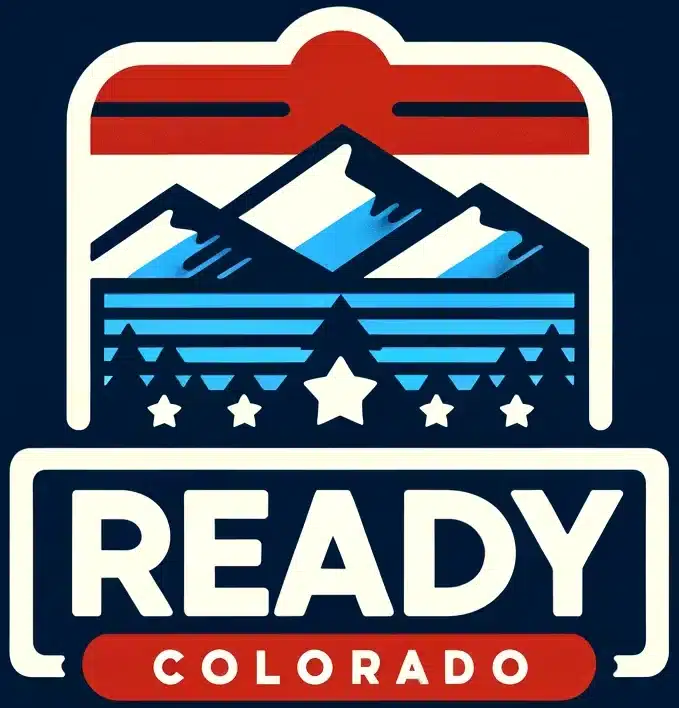Colorado is known for its beautiful mountain landscapes, thriving craft beer scene, and abundant outdoor recreational activities. However, for the over 6 million residents who call Colorado home, perhaps the most pressing concern is finding affordable and adequate automobile insurance. This article will provide an in-depth guide to automobile insurance in Colorado – from understanding state requirements to finding the best policy for your needs.
In This Article
TL;DR
- Colorado requires all drivers to carry minimum liability insurance of 25/50/15.
- Comprehensive and collision coverage are optional but recommended for most drivers.
- Factors like age, driving history, and location can impact insurance costs.
- Using insurance brokers/agents and comparing quotes can save money.
- Specialized policies like motorcycle or business insurance may be needed.
Overview of Auto Insurance in Colorado
Automobile insurance is mandatory in Colorado, with state minimum liability coverage requirements of:
- $25,000 bodily injury per person
- $50,000 bodily injury per accident
- $15,000 property damage
This ensures drivers carry adequate protection for others they may injure or whose property they damage in an at-fault accident. However, experts recommend carrying more than the minimum liability coverage, as well as comprehensive and collision policies. This provides greater protection for your own vehicle and assets.
Colorado’s major private passenger auto insurance companies include State Farm, GEICO, Progressive, Allstate, and American Family. Each offers a range of options and discounts, so it’s wise to compare quotes across providers.
Understanding Different Types of Auto Insurance
Several components make up a standard auto insurance policy. The minimum liability coverage required in Colorado includes:
- Bodily Injury Liability: Covers injuries to others caused by an at-fault accident.
- Property Damage Liability: Covers damage to another vehicle or property.
Additional Recommended Coverages
It is wise to choose adequate coverage levels and optional policies to protect assets. Those with financed or leased vehicles are often required to carry collision and comprehensive policies.
- Comprehensive Coverage: Covers damage to your vehicle from theft, vandalism, weather, fire, and collisions with animals.
- Collision Insurance: Covers your vehicle damage from collisions with objects like other cars, buildings, or trees.
- Uninsured/Underinsured Motorist Coverage: Protects you if injured by a hit-and-run or uninsured driver.
- Medical Payments Coverage: Helps pay medical bills for you/passengers injured in your vehicle.
Finding Affordable Auto Insurance in Colorado
Shopping around for the best rates is key to finding affordable auto insurance coverage. Comparing quotes from insurers helps identify the best price. Rates vary based on factors like:
- Driving and Credit History: Good driving/credit = lower premiums
- Location: Urban areas often have higher premiums
- Vehicle Use: Low annual mileage = lower rates
- Vehicle Type: Makes/models affect cost based on repair/injury risk
- Deductibles: Higher deductibles mean lower premiums
- Discounts: Taking defensive driving courses, bundling home/auto policies, etc. can reduce premiums.
Using independent insurance brokers or agents to compare quotes across multiple companies simplifies the process.
Vehicle Insurance Brokers and Agents in Colorado
Insurance Brokers
shop policies from various car insurance companies to find the best rates based on client needs. They provide unbiased recommendations and can supply a car insurance quote from each car insurance company you are considering.
Insurance Agents
sell policies for one specific insurance company. They promote their company’s options but have the expertise to guide customers.
Both play an important role in assisting consumers through the complex process of understanding coverage options, determining adequate limits, and identifying cost savings. Developing a relationship with an agent or broker familiar with Colorado insurance regulations can provide peace of mind and ensure you select the best car insurance for your needs.
Understanding Your Auto Insurance Policy
Reading through insurance contracts can be daunting for consumers. Some key components of policies include:
- Declarations Page: Provides a summary of car insurance coverage, limits, deductibles, and premium cost.
- Insuring Agreement: Defines what triggers coverage under the policy.
- Exclusions: Lists situations where the policy won't provide coverage.
- Endorsements: Additional addendums that alter or customize coverage.
Consumers should review declaration pages annually at renewal to ensure adequate protection as their life situation changes. Adding teen drivers, moving homes, purchasing a new vehicle, or other major events all impact insurance needs. In addition, car insurance discounts may be available when bundling with other services through the same company, such as renters insurance, life insurance, homeowners insurance, or boat insurance.
Specialized Auto Insurance in Colorado
Beyond standard private passenger vehicles, Colorado drivers may need specialized auto insurance policies:
- Motorcycle Insurance: Protects riders and often requires higher liability limits given increased risk and extra personal injury protection.
- Commercial Auto Insurance: Covers business vehicles, and includes considerations like hired/non-owned coverage.
- RV Insurance: Essential for motorhome owners, with protections for accessories.
As each type of policy has unique protections, working with experienced brokers/agents helps navigate specialty insurance options.
Filing an Auto Insurance Claim in Colorado
If the unfortunate occurs and a collision damages your vehicle, consumers must act quickly to file their insurance claim:
1. Document the Scene:
Take photos/video capturing damage and location. Get contact details for the parties involved and any witnesses.
2. Report the Incident:
Notify your insurance company promptly with the date/time/location and details of what occurred. Provide additional documentation like police reports when available.
3. Determine Repair Process:
Choose a licensed repair shop and coordinate estimates/repairs as smoothly as possible. Keep receipts for any out-of-pocket rental car or damage mitigation expenses. If towing is required, roadside assistance may be free of charge as a part of your car insurance policy.
4. Receive Payment:
Once repairs are complete and final invoices are submitted, the insurer will issue payment for covered losses per policy guidelines.
Having a trusted broker or body shop to help facilitate this process reduces stress.
Additional Insurance Considerations
As protecting assets is key, additional insurance beyond mandatory minimums is wise:
- Gap Insurance: Covers the difference between vehicle value and remaining loan balance if totaled, avoiding negative equity.
- Umbrella Insurance: Provides additional liability coverage beyond auto policy limits for extreme accident costs.
- Workers' Compensation and Commercial General Liability: For rideshare drivers needing commercial coverage or businesses with fleet vehicles, these also protect company finances.
FAQ
What penalties exist in CO for driving uninsured?
Uninsured drivers face fines of up to $500 plus 12 points on their license. Vehicles may be impounded until proof of insurance is provided.
Can family members drive my insured car in CO?
Permissive use is standard in CO policies, allowing reasonable infrequent use by others. But notify the insurer of regular secondary drivers.
What if I’m in an accident with an uninsured driver?
Uninsured motorist coverage protects for injuries/damages caused by uninsured drivers. This coverage is wise for all CO drivers.
Finding the right automobile insurance helps Colorado drivers stay confident, compliant with regulations, and financially protected while on the state’s beautiful roads and highways.






